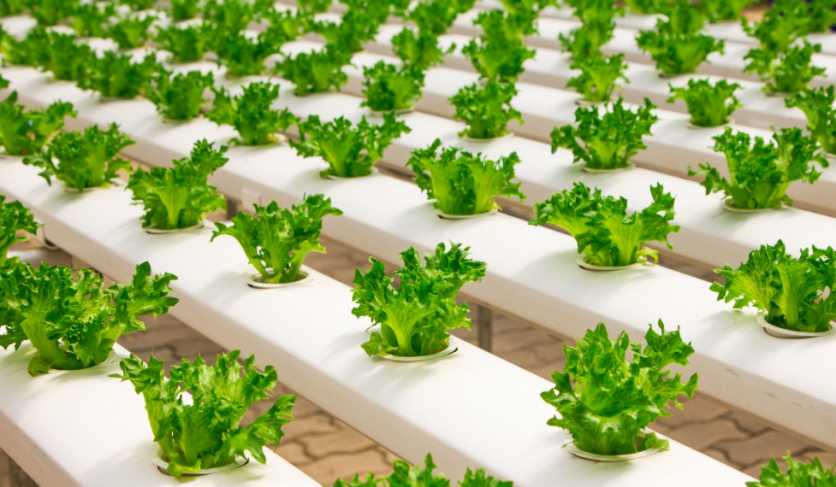Astronauts will now be bringing with them vegetable seeds whenever they commence on space missions. Experiments that were made aboard the International Space Station have shown that lettuce can now be grown in space, and they are just as nutritious as the ones back on Earth.

Researchers have been experimenting on crops to plant in space
Lettuces have been proven by the ISS to be safe food to grow in space. Astronauts will not be able to carry a lot of the necessary food supplies needed; that is why they have been examining ways to grow vegetables in space. They have tried growing red romaine lettuce on the space station as early as 2015. Some of those are preserved and have been returned back to Earth for further research and analysis. In the Frontiers in Plant Science journal.
They also believe that growing crops on board may really be useful for whenever astronauts go on long space missions such as the Artemis missions. The study has also noted that in some trials that they have done, the plants that were grown in space tend to be richer in elements such as potassium, sodium, phosphorus zinc, and sulfur.
Special tools were used in this research
NASA's Christina Khodad and Gioia Massa used LED lights and a special watering system to grow the crops with the same condition in the Earth and in space along with similar temperature and humidity levels for them to be able to compare results between quality and safety. There was no trace of any bacteria that can harm and contaminate these crops such as E. coli and salmonella, which is a huge thumbs up for the research.
The team characterized the type of fungi and bacteria that was growing on the lettuce using DNA sequencing technology. They have identified 15 of the most copious microbial genera on the leaves and 20 at most in the roots.
According to the team who spoke with Newsweek, they stated that "additional vitamins and other nutrients, flavors, textures, and variety to the packaged diet," adding, "Growing plants may also help with menu fatigue and provide psychological benefits when astronauts are far from home. In the long term, if we ever want to have space colonization, growth of crops will be crucial for establishing any level of sustainability and self-sufficiency."
This is not the first kind of food that was tested in space, pizza has already been proven to be viable aboard the International Space Station. Not to mention they have also used a special oven to bake some cookies as well on their first-ever baking experiment. NASA has now set their eyes on Espanola chili pepper as their next research, being the first fruiting plant to b harvested in space.
ⓒ 2025 TECHTIMES.com All rights reserved. Do not reproduce without permission.




